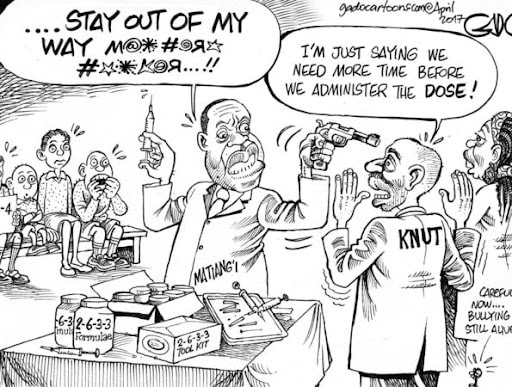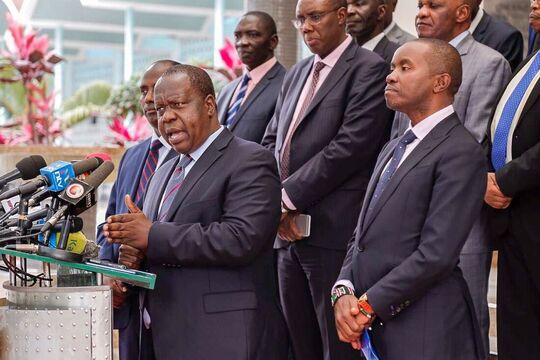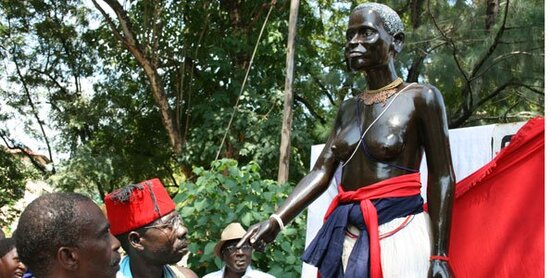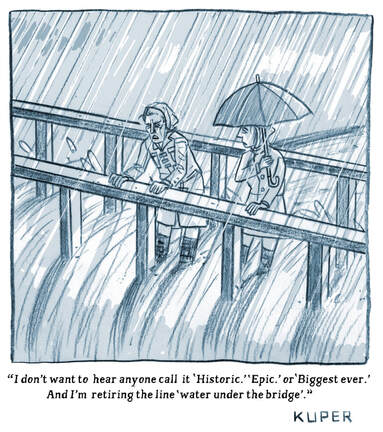
Earlier in the week, Omollo had been the spokesperson of the Teachers’ Pressure Group, which had called into question the loyalty of the union leaders to its members, and the opaque health insurance scheme for which teachers pay through involuntary salary deductions. Shortly after the press conference, Omollo received a call from the TSC Nairobi County office, warning her not to publicly discuss issues facing teachers.






 RSS Feed
RSS Feed
